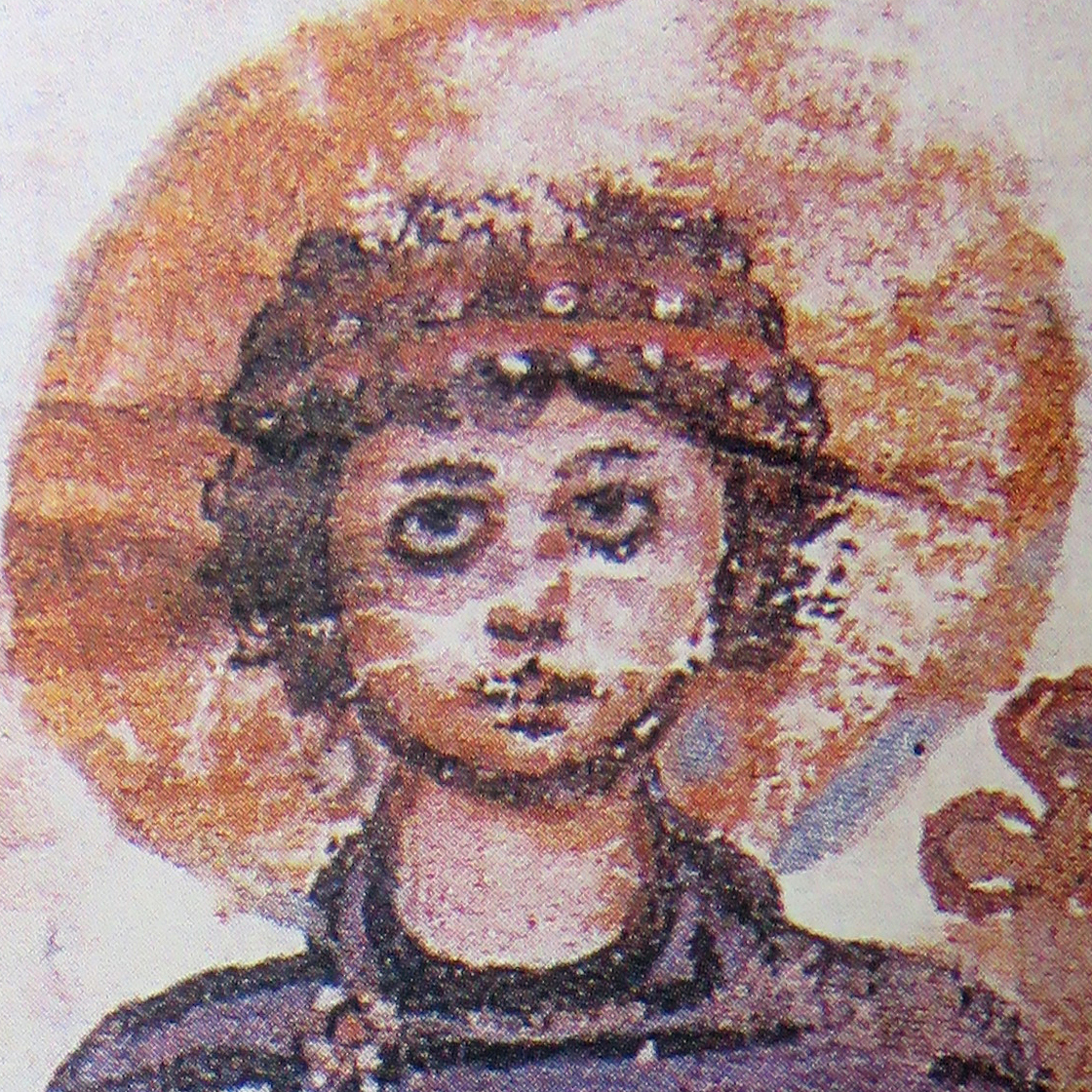1 Word1 Word2 Word3
2 Word1 Word2 Word3
Word1: commentary1.
Word2: commentary2.
Word3: commentary3.

Authorship:
The Book of Matthew, also known as the Gospel of Matthew, was written by St. Matthew the Disciple, originally in the Aramaic language, the common tongue of the Jews during Christ's earthly ministry; his writings were later translated into Greek, Syriac, and other languages. Though his name is concealed from this account of the Gospel, all early manuscripts attribute it to him, as also do the early church fathers:
“So then Matthew wrote the oracles in the Hebrew language, and every one interpreted them as he was able.”
— St. Papias of Hierapolis (60-130 AD).
“Matthew’s Gospel in the Hebrew tongue . . . became one of the treasures of the church on the Nile.”
— St. Clement of Alexandria (150-215 AD).
“If anyone adds to these things, God will add to him the plagues that are written in this book; and if anyone takes away from the words of the book . . . God shall take away his part from the Book of Life, from the holy city, and from the things which are written in this book” (Revelation 22:18-19).
Some scripture taken from the New King James Version®. Copyright © 1982 by Thomas Nelson. All rights reserved.
About
Oriental Orthodox Bible™ is a free, online Christian reference bible. Learn from the scriptures, through the lens of the Apostolic faith.





Word1: commentary1.
Word2: commentary2.
Word3: commentary3.